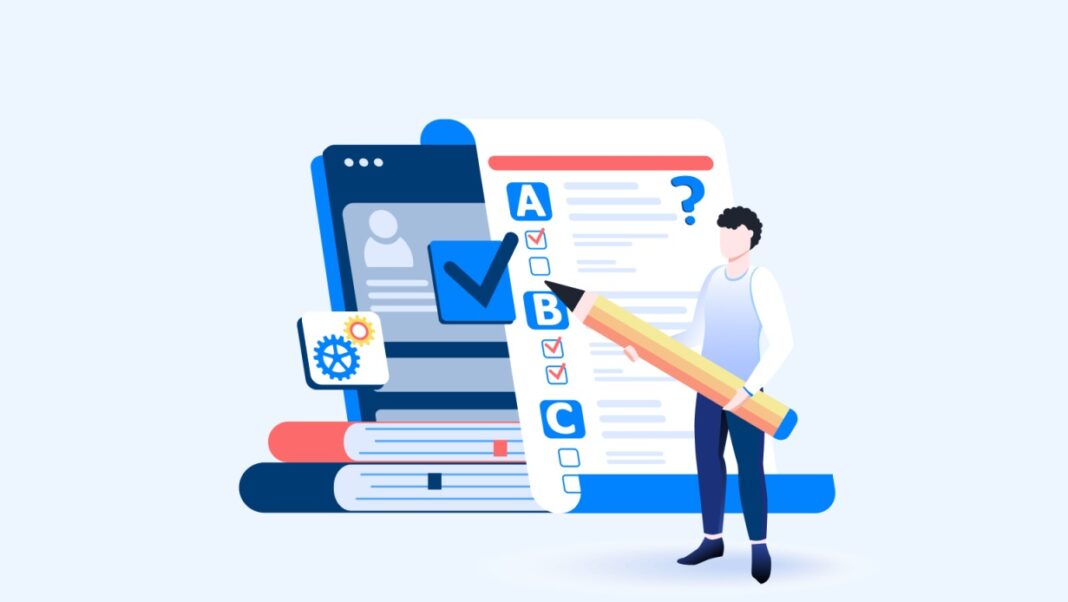Embarking on the thrilling adventure of launching a startup is akin to setting sail on uncharted waters, brimming with boundless opportunities and unforeseen challenges. Amid the whirlwind of innovation and ambition, one crucial aspect often overlooked is the foundation of Human Resources (HR). Aspiring entrepreneurs must recognize that beyond groundbreaking ideas and disruptive technologies, the success of their venture hinges on the people driving it forward. In this article, we present a compass to navigate the intricate terrain of HR for startup, offering a comprehensive checklist tailored to empower startups on their quest for sustainable growth and prosperity. At Qubit Labs we provide HR management as a part of our out staffing service and have extensive experience, so we can share a piece of advice:
Establish Clear Objectives and Culture
Before delving into HR operations, startups must define their mission, vision, and core values. These elements form the foundation of company culture, influencing every HR decision, from recruitment to employee engagement initiatives. Establishing a strong company culture early on fosters cohesion and aligns employees with the startup’s goals.
Navigating the startup jungle demands a keen HR strategy. Begin with HR assessment tools to gauge needs. Outline clear job descriptions, establish competitive compensation packages, and cultivate a vibrant company culture. Foster open communication channels and invest in employee development. Adaptability and agility are key in this dynamic landscape.
Legal Compliance and Regulations
While startups focus on disruptive ideas, they must also adhere to legal requirements. Familiarize yourself with labor laws, employment contracts, and tax obligations specific to your jurisdiction. Consider consulting with legal experts to ensure full compliance and avoid costly penalties down the road.
Recruitment Strategies
Talent acquisition is a cornerstone of startup success. Develop innovative recruitment strategies to attract top-tier talent amid fierce competition. Leverage social media, industry networks, and employee referrals to source candidates who resonate with your company culture and vision. Additionally, prioritize diversity and inclusivity in your hiring practices to foster creativity and broader perspectives within your team.
Onboarding and Training Programs
Effective onboarding sets the tone for employee engagement and retention. Develop a structured onboarding process that introduces new hires to company policies, procedures, and team dynamics. Offer comprehensive training programs to equip employees with the skills necessary to excel and contribute to the startup’s growth trajectory.
Performance Management and Feedback Mechanisms
Implement performance management systems that provide regular feedback and evaluation opportunities. Set clear performance goals aligned with organizational objectives and provide constructive feedback to employees to facilitate their professional development. Encourage a culture of continuous improvement and recognition to motivate employees and foster a positive work environment.
Employee Benefits and Well-being Initiatives
While startups may have limited resources, investing in employee benefits and well-being initiatives is crucial for attracting and retaining top talent. Offer competitive compensation packages, health insurance, and perks such as flexible work arrangements and professional development opportunities. Prioritize employee well-being by promoting work-life balance, mental health support, and wellness programs.
HR Technology and Automation
Embrace HR technology and automation tools to streamline administrative tasks and enhance efficiency. Implement applicant tracking systems (ATS), payroll software, and performance management platforms to simplify HR processes and free up time for strategic initiatives. Leverage data analytics to gain insights into workforce trends and make informed decisions to drive organizational growth.
Conflict Resolution and Employee Relations
Proactively address conflicts and foster healthy employee relations within the startup. Establish open communication channels and allow employees to voice their concerns and grievances. Implement fair and transparent conflict resolution mechanisms to resolve disputes effectively and maintain a harmonious work environment.
Succession Planning and Talent Development
Anticipate future talent needs and develop succession plans to ensure organizational continuity and leadership stability. Identify high-potential employees and invest in their professional growth through mentorship programs, leadership training, and succession planning initiatives. Cultivate a talent pipeline that empowers employees to take on new challenges and advance their careers within the startup.
Continuous Evaluation and Adaptation
The startup landscape is dynamic, requiring continuous evaluation and adaptation of HR strategies. Regularly review HR processes, policies, and initiatives to identify areas for improvement and innovation. Solicit feedback from employees and stakeholders to gauge the effectiveness of HR practices and make necessary adjustments to meet evolving needs.
Key Takeaways
In conclusion, as startups navigate the exhilarating journey of entrepreneurship, they must recognize the indispensable role of HR in shaping their trajectory. By adhering to this comprehensive checklist, startups can harness the power of strategic HR management to cultivate a culture of excellence, attract top talent, and drive organizational success. Embracing innovation, fostering employee well-being, and continuously refining HR practices are not just tasks; they are the cornerstones of building resilient and thriving startups poised for long-term growth in today’s dynamic business landscape.

